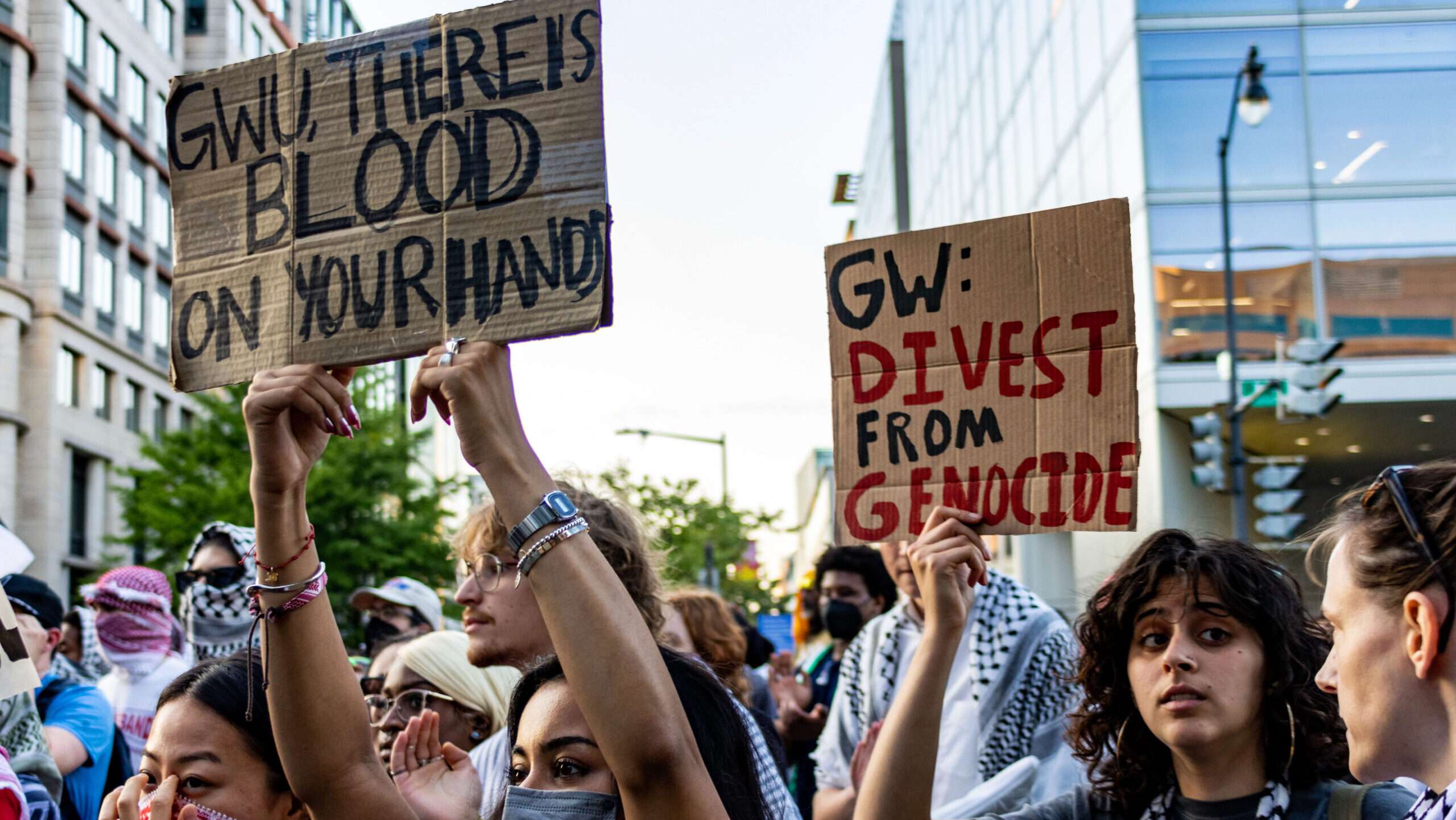Student-led protests over the Israel-Hamas war erupted at numerous college campuses last year. As the new school year kicks off, student demonstrations have once again begun in earnest, as reported by the BBC.
While many students voiced their opposition to the conflict in Gaza through peaceful means, some protests turned to property destruction, trespassing, and even violence on certain college campuses, including prestigious universities in the United States. Many students established large encampments to claim public spaces on campuses, a form of protest that colleges are generally allowed to regulate under reasonable time, place, and manner restrictions.
The Foundation for Individual Rights and Expression (FIRE) noted a surge in attempts to deplatform speakers by April. Of the 67 attempts recorded from January to mid-April, 73 percent were related to controversies surrounding the Israeli-Palestinian conflict. How did a year of turbulent protests influence student views on free speech?
In September, FIRE released its fourth annual College Free Speech Rankings. The survey, involving nearly 60,000 undergraduates from over 250 colleges, delved into students’ perspectives on free speech and its campus environment. The survey also inquired whether students found it acceptable for their peers to engage in disruptive protests against a hypothetical controversial speaker on campus.
Approximately 37 percent of respondents agreed that it was “sometimes” or “always” acceptable for students to disrupt a campus speaker, a slight increase from last year‘s 31 percent. Less than half of students believed it was “never” acceptable to protest by preventing others from attending a controversial speech—a decrease from the previous year’s 55 percent. Nearly one in three students expressed support for using violence to halt a campus speech in certain circumstances, up from 27 percent in 2023.
These findings do not necessarily reflect the percentage of students willing to partake in such actions themselves, but rather indicate the proportion of students who might endorse actions that limit speech.
The growing backing for disruptive and even violent tactics among college students is a concerning development. While the increase in protests over the Israeli-Palestinian conflict may have accelerated this trend, the data suggests that students’ tolerance for censorship and obstruction has been on the rise for some time. This year, only 48 percent of students stated that it was never acceptable to obstruct others from attending a campus speech. In 2022, over 62 percent of students held the same view.
While the recent Israel-Hamas conflict has drawn attention to this trend, the roots of the decline in respect for open dialogue were already evident before October 7, 2023.
This article was originally published with the title “Censorship on Campus.”





